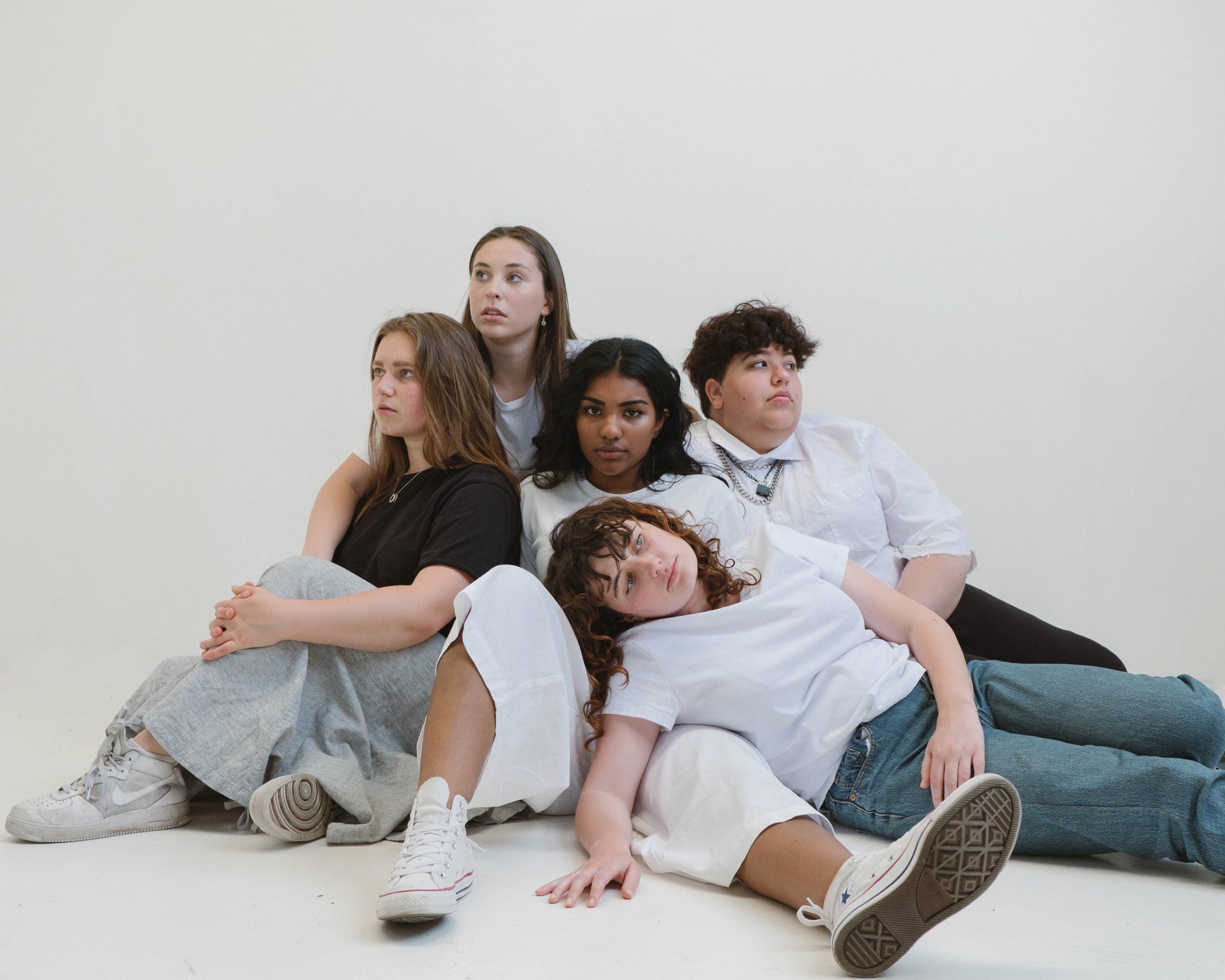
Being a teen isn’t easy.
“Therapy should be collaborative and meet your needs.”
JOSEPHINE AMPAW-GREENE
What does It look like for us to support teens?
It all begins with listening. For our team, It is important to learn about the stories that teens hold and carry in their day-to-day lives. By being an active listener, trust begins and has room to grow.
Along with building trust and actively listening, It is so important to understand the relationships(or lack thereof) that impact the individual. Especially when working with this population, It is important to recognize the fact that those who are in the community with you play a role in how you view yourself and others. It is also important to recognize the ways that their thought processes and their past trauma play a role in the way they view themselves and see their self-esteem.

Therapy Modalities I Use with Teens
Culturally and Identity identity-informed/Social Justice Informed Therapy
Narrative Therapy
Attachment Theory
Understanding Distress Tolerance: Dialectical Behavioral Therapy
Trauma Focused Cognitive Behavioral Therapy
Person-Centered and Strengths Based Therapy
Therapists with Expertise in this Area
-

Emma Caponnetto, SWC
-

Trinity McPherson, SWC

